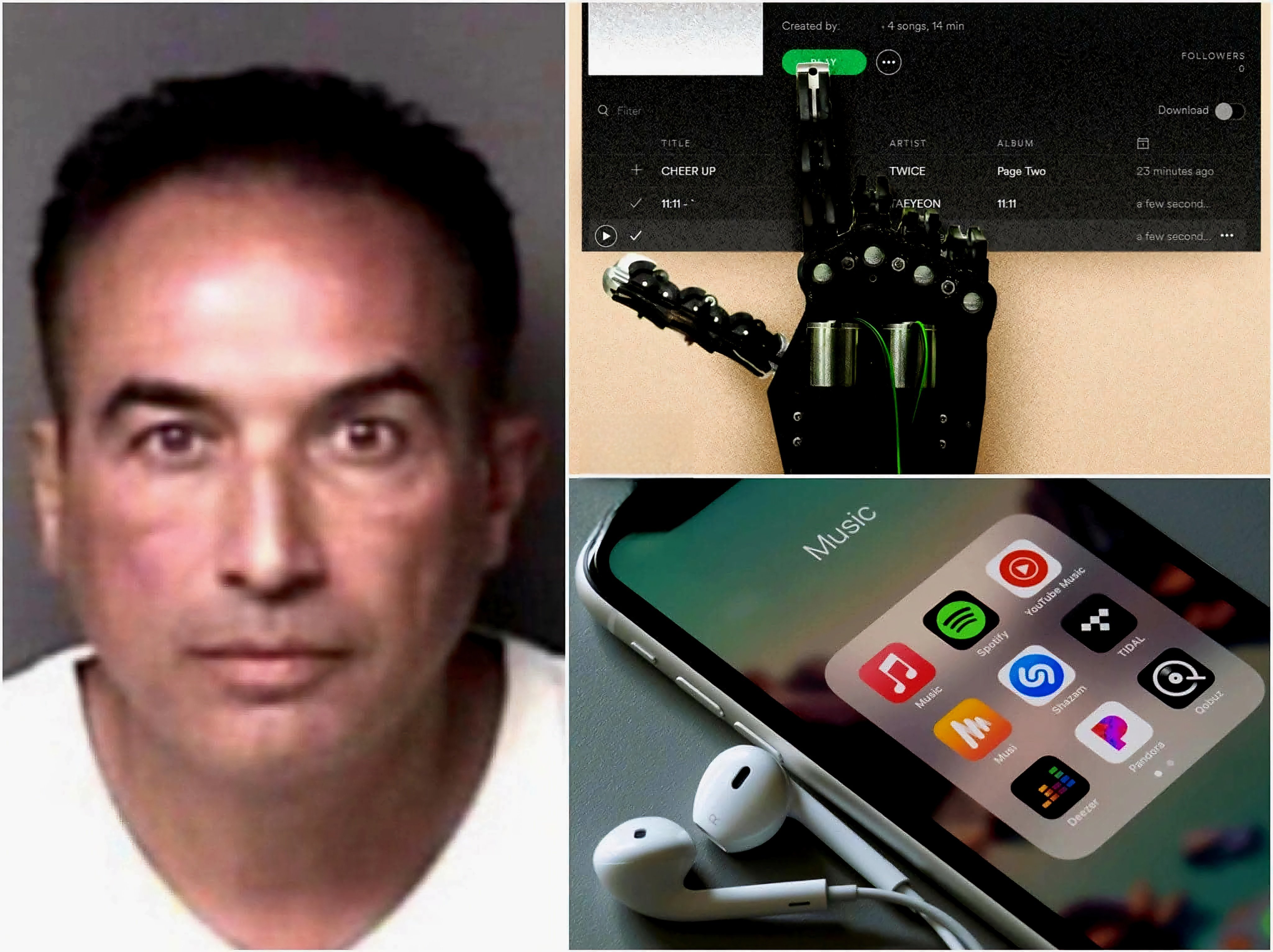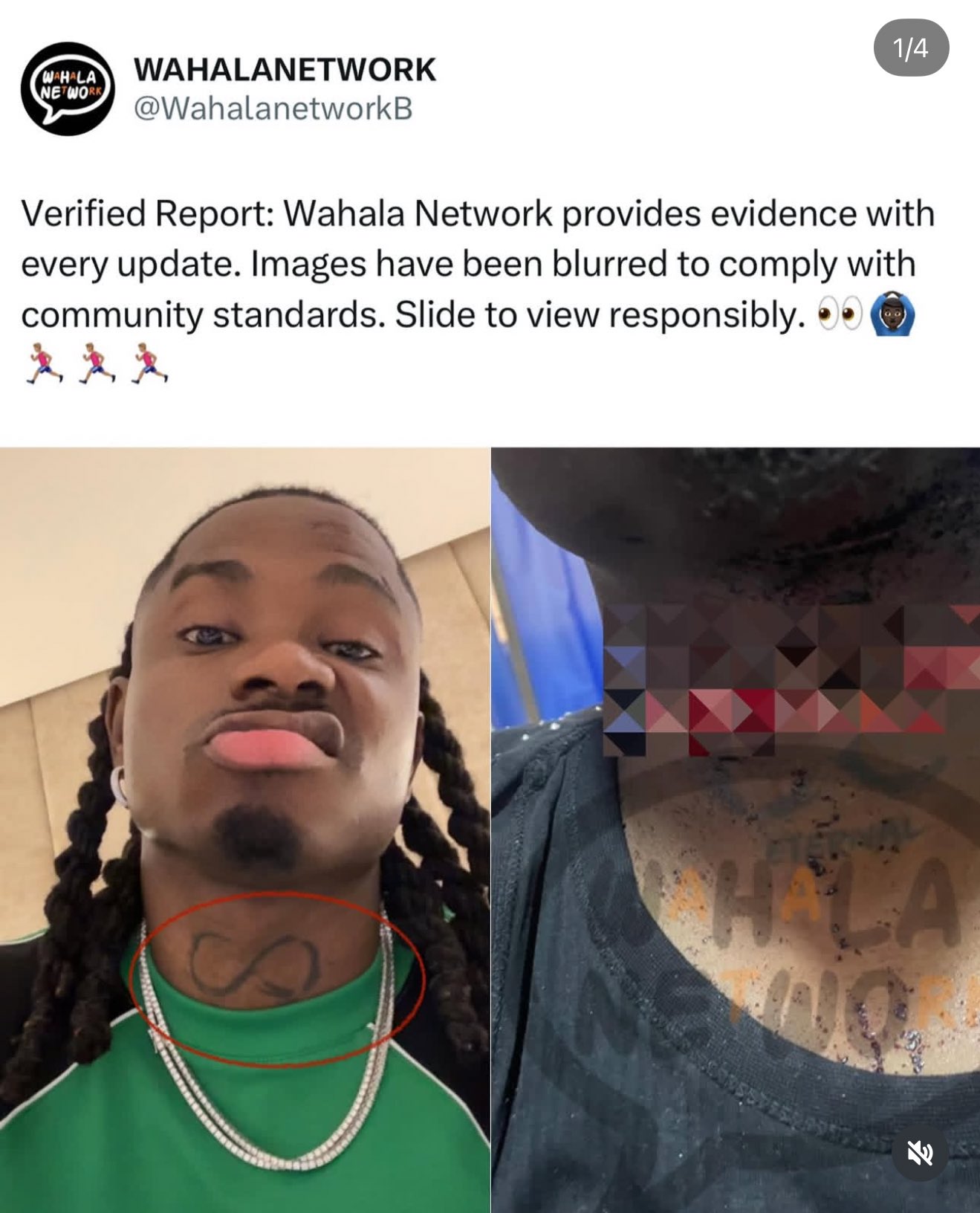Michael Smith, a 52-year-old from Cornelius, North Carolina, has been indicted for orchestrating a significant fraud involving AI-generated music. Here's a summary based on the information available up to September 10, 2024:
Scheme Overview: Michael Smith allegedly used artificial intelligence to create hundreds of thousands of songs. These songs were not genuine musical creations but rather generated by AI to mimic real music.
Streaming Fraud: Smith employed bots to artificially inflate the streaming numbers of these AI-generated songs on various platforms like Spotify, Apple Music, Amazon Music, and YouTube Music. This manipulation was designed to generate royalties fraudulently, with the streams reaching into the billions.
Financial Gain: Through this scheme, Smith is accused of fraudulently obtaining over $10 million in royalty payments from 2017 to 2024. His method involved creating numerous bot accounts to simulate genuine listener activity, thereby tricking the streaming platforms into paying out royalties based on these fake streams.
Legal Consequences: Smith faces charges including wire fraud conspiracy, wire fraud, and money laundering conspiracy. If convicted on all counts, he could potentially face up to 60 years in prison, given that each charge carries a maximum sentence of 20 years.
Techniques Used: To avoid detection, Smith used various tactics like generating random song and artist names, using VPNs, and buying vast quantities of email addresses for setting up fake accounts. He also collaborated with an AI music company CEO and a music promoter to mass-produce these AI songs.
Industry Impact: This case highlights the vulnerabilities in the music streaming industry regarding fraud detection and the potential misuse of AI technology in music creation. It also underscores the ongoing challenges in protecting genuine artists' royalties from such fraudulent activities.
Public and Legal Reaction: The indictment has been described as a significant case in highlighting streaming fraud, with authorities and industry bodies like The Mechanical Licensing Collective (MLC) emphasizing the need for stronger anti-fraud measures.
This incident with Michael Smith not only represents a legal issue but also raises broader questions about the intersection of technology, copyright, and artistic integrity in the music industry
Meet Michael Smith who earns over $20million monthly from his Ai generated music.









